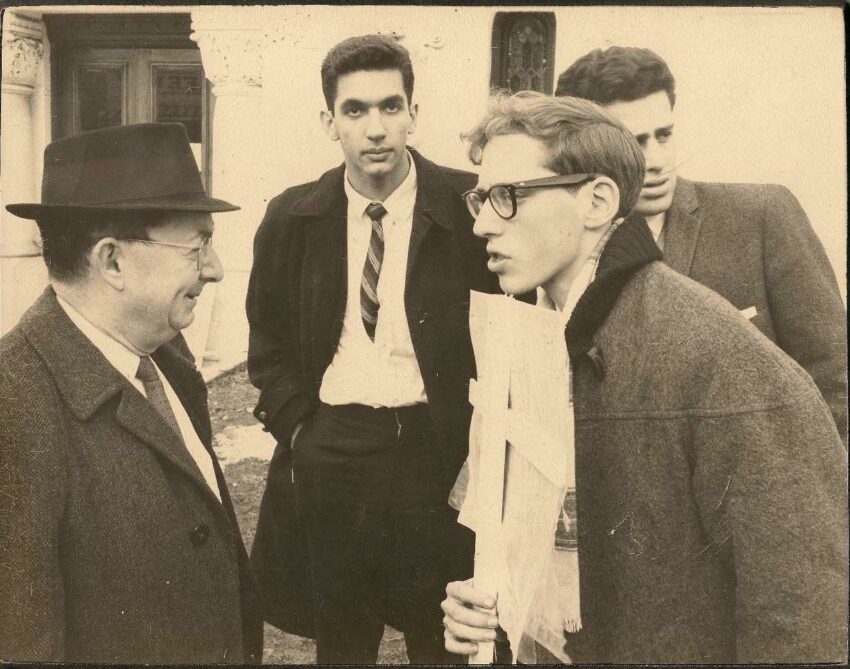Todd Gitlin

Michelle Goldberg has a fine tribute to the always interesting liberal scholar and activist who passed away last week:
But there would be no revolution in the U.S., unless you count the right-wing one that would sweep much of the New Deal away. By the end of the 1960s S.D.S. would implode; the giddily nihilistic Weathermen spun off and became terrorists, albeit mostly ineffectual ones. As a 42-year-old — the same age Howe was in 1963 — Gitlin wrote, “I know what it is like, now, to be attacked from my left — how galling when the attacker is 20 years younger, how hard to forge the link between innocence and experience.”
A remarkable thing about Gitlin, who died this weekend at 79, was that he never stopped trying to forge that link. The president of S.D.S. in 1963 and 1964, Gitlin eventually became a renowned professor of sociology. He was also a critic, a novelist and a poet — and, to the end, an activist.
I spoke to him many times about the failings of various parts of the left, which became one of his great subjects, but I don’t recall him ever seeming embittered. Some people, disenchanted by the left, make a whole politics out of that disenchantment. But Gitlin’s broad ideals remained consistent, even if his onetime radicalism was chastened by experience. He threw himself into the fight to get universities to divest from fossil fuel corporations. He was excited by Occupy Wall Street and by the Black Lives Matter protests in the summer of 2020.
Something I learned from Gitlin and never forgot was that in 1968, when a majority of Americans had turned against the war in Vietnam, “the antiwar movement was detested still more — the most hated political group in America, disliked even by most of the people who supported immediate withdrawal.” Now, activists are often unpopular. Martin Luther King Jr. was also viewed unfavorably during much of his lifetime. But there was a cost to needlessly alienating potential allies and fueling right-wing backlash. Gitlin argued for left-wing pragmatism because he wanted the left to succeed, even if some people on the left heard it as patronizing centrism. As he once wrote of Occupy Wall Street, “I worry with this movement, not just about it.”
Definitely worth reading the whole etc. R.I.P.


